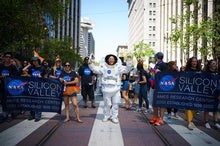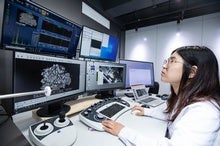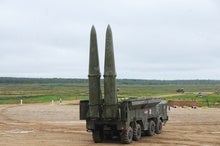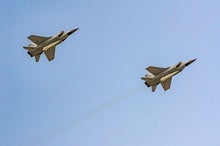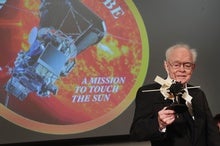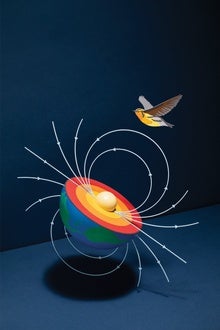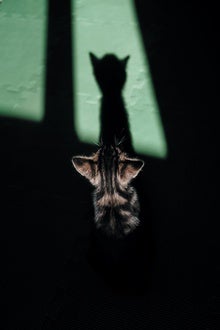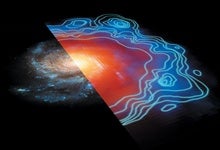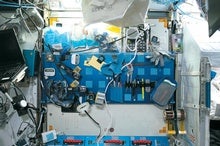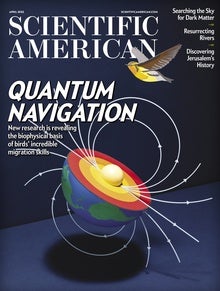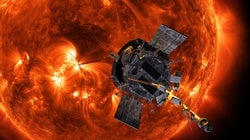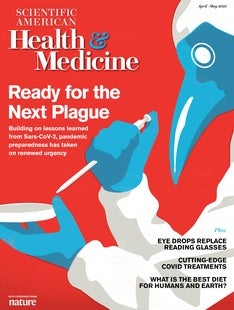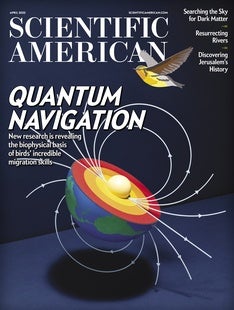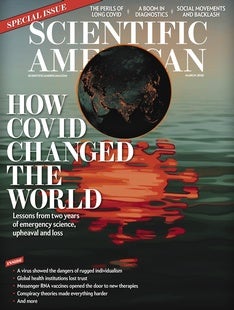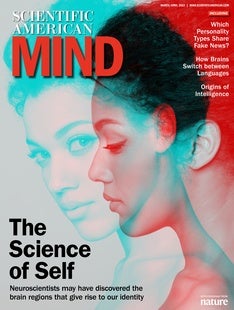 |
| March 17, 2022 |
Dear Reader,
This week, our lead story examines the surprising ways that the war in Ukraine is disrupting space exploration, including canceled missions, suspended launches, shutdown space telescope instruments and perhaps an all-time low in U.S.-Russia relations aboard the International Space Station. Elsewhere, we have stories on novel celebrations of Pi Day, the troublesome ubiquity of radioactivity, a moon-rock research bonanza, a controversy over pronouns at NASA and much more. |
| |
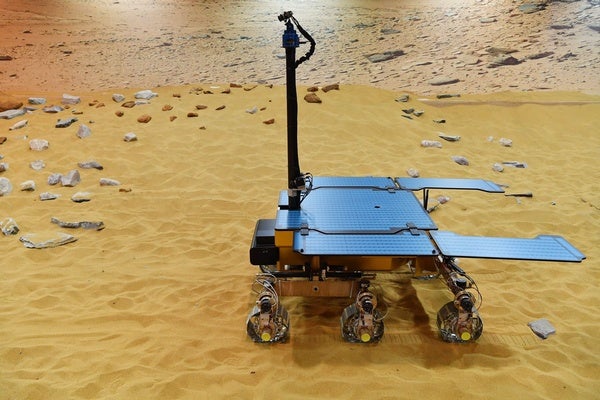 |
| |
| Space Exploration NASA Criticized for Ending Pronoun Project More than 100 employees at NASA's Goddard Space Flight Center were surprised when a test project allowing them to add their pronouns to their agency identifiers was abruptly canceled | | | | |
| |
| |
| |
| |
| |
| |
| |
| Animals How Migrating Birds Use Quantum Effects to Navigate New research hints at the biophysical underpinnings of their ability to use Earth's magnetic field lines to find their way to their breeding and wintering grounds | | By Peter J. Hore,Henrik Mouritsen | | | |
| |
| |
| |
FROM THE STORE
 | | | |
| |
| |
FROM THE ARCHIVE
 | | | |
LATEST ISSUES
 |
| |
| Questions? Comments?  | |
| Download the Scientific American App |
| |
| |



